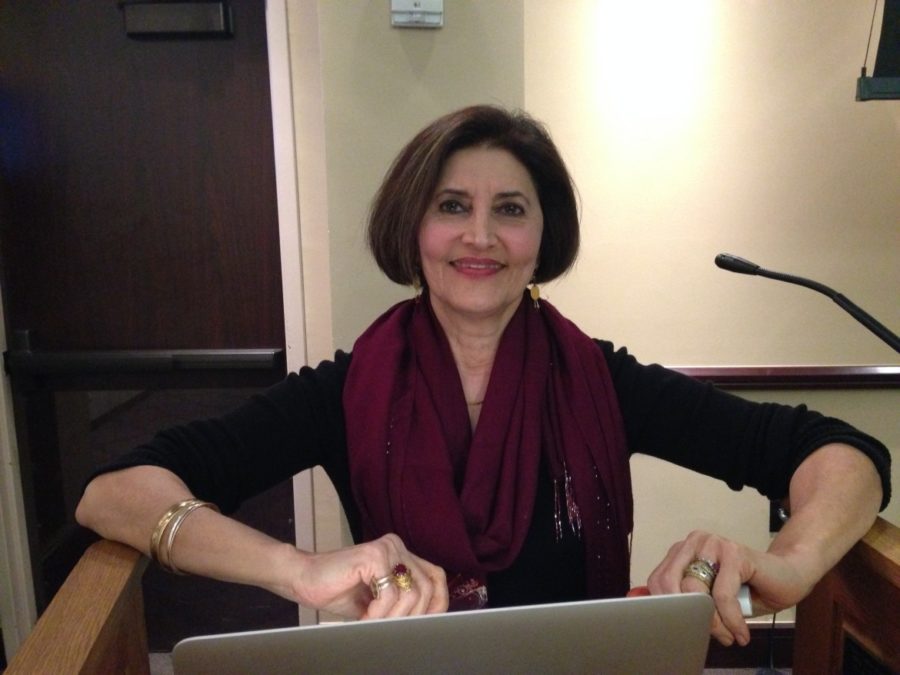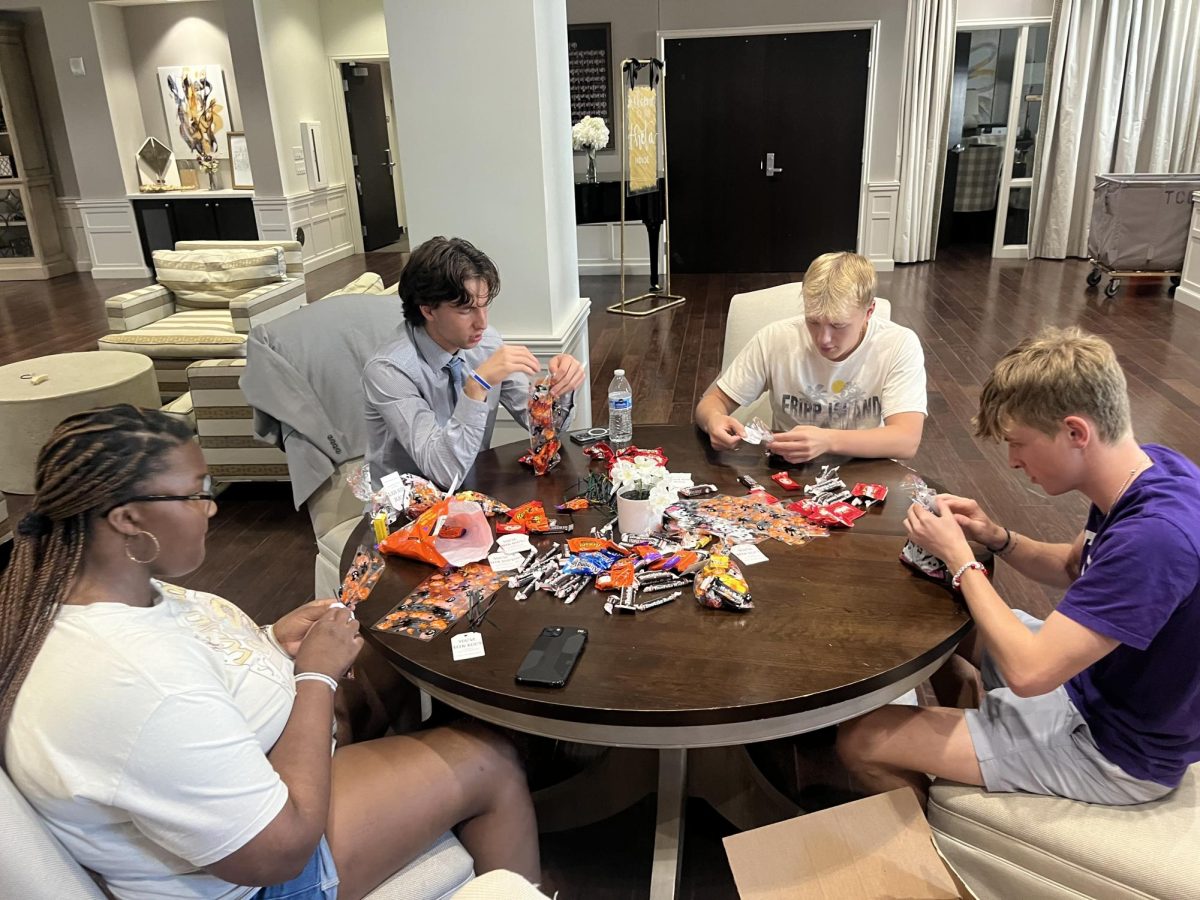Food, children’s toys, cosmetics, hospices and hotel rooms have all been branded “religiously approved” for sale to Muslims.
These products are part of an effort to brand Islam, said Dr. Faegheh Shirazi, who spoke Wednesday as a guest of TCU’s Discovering Global Citizenship program and the departments of political science and religion.
Shirazi said Muslims, especially in the West, establish connections to their worldwide religious community by using halal products. Halal means “permissible” in Arabic.
Dr. Manochehr Dorraj, a professor of political science at TCU who suggested bringing Shirazi to campus, said the commodification of Islam involves multiple areas of study including business, religion and political science.
Dorraj said the branding of Islam shows that faith can be used for profit.
“That is why I have always said there is no innate thing called Islam,” Dorraj said.
Shirazi, who teaches at the University of Texas at Austin, said certified halal products are associated with keywords like “organic” and “natural” to reach broader markets.
Halal products are usually more expensive because every part of production must also be halal, Shirazi said.
Shirazi said the idea of halal is similar to Judaism’s concept of kosher.
Shirazi’s book, “Brand Islam: The Marketing and Commodification of Piety,” will be published in August 2016.
Shirazi’s additional published works are “The Veil Unveiled: The Hijab in Modern Culture” and “Velvet Jihad: Muslim Women’s Quiet Resistance to Islamic Fundamentalism.” She also edited the anthology “Muslim Women in War and Crisis: Representation and Reality.”
Ashley Sherman, a junior political science major, shares her biggest takeaway.




